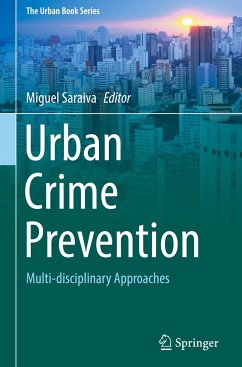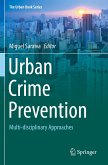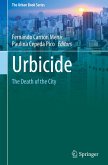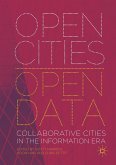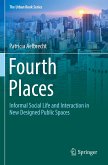This book provides an original cross-thematic and wide scope review of crime prevention processes in urban areas that are explicitly based on the cooperation between different scientific and professional fields. Focusing primarily on environmental and community-based crime prevention, this book compiles a peer-reviewed collection of papers and prospective essays that explore how, and to what extent, multi-disciplinarity can be used as a cornerstone for achieving safer cities.
Relying on the input from specialists, researchers, decision-makers, and practitioners from around the world, it covers the various stages from theory to implementation, by discussing theoretical stances, interpreting policy and planning guidelines, uncovering unique educational experiences, and narrating insights and lessons learned from innovative research and practice. Hence, it provides vivid discussions and invaluable insights into processes of partnership building, planning, and management, oriented towards establishing successful mechanism for preventing crime and reducing feelings of insecurity in urban areas.
Relying on the input from specialists, researchers, decision-makers, and practitioners from around the world, it covers the various stages from theory to implementation, by discussing theoretical stances, interpreting policy and planning guidelines, uncovering unique educational experiences, and narrating insights and lessons learned from innovative research and practice. Hence, it provides vivid discussions and invaluable insights into processes of partnership building, planning, and management, oriented towards establishing successful mechanism for preventing crime and reducing feelings of insecurity in urban areas.

